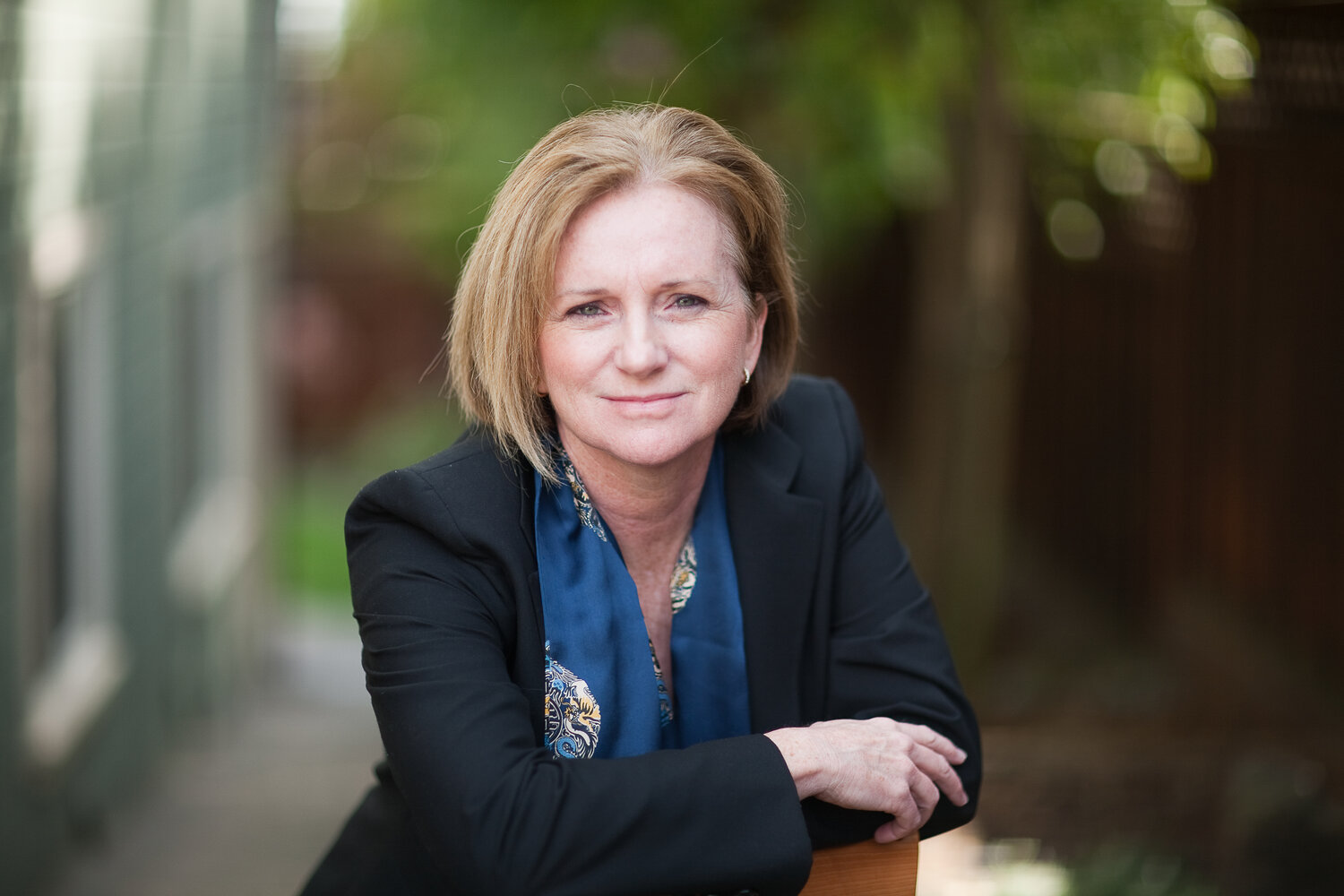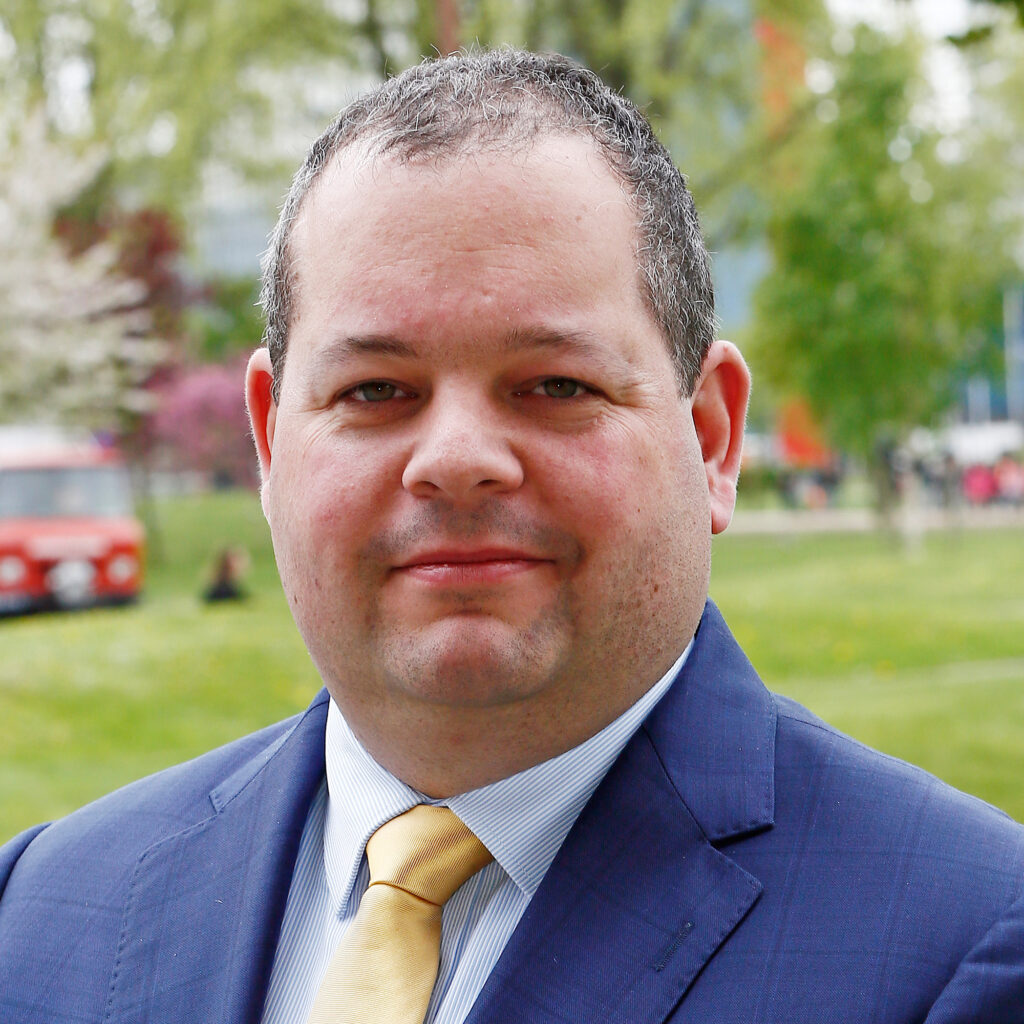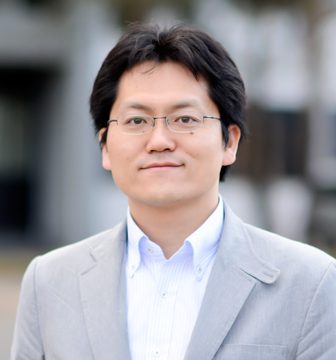Value of Open Education Awards for Excellence
Catherine Casserly

Catherine Casserly is the founder and president of Casserly Consulting & Coaching based in the United States. She is an experienced leader and a focused strategist who challenges entrenched thinking and positions individuals and organizations for accelerated performance. Her work spans the U.S. and international arenas and involves consulting partnerships and executive coaching with philanthropic, nonprofit, corporate, startup, and learning organizations.
Previously, Casserly was CEO and President of Creative Commons, an Aspen Institute Fellow, Vice President at the Carnegie Foundation, and Vice President at EdCast, a mobile-first start-up. She was a founding pioneer of the Open Educational Resources field, developing, managing, and launching the 100 million USD inaugural portfolio for the Hewlett Foundation. She is also a member of the Advisory Council for the National Science Foundation. Early in her career, Casserly taught mathematics in Kingston, Jamaica and tutored in a high security prison. She earned her Ph.D. in the economics of education from Stanford University, B.A. in Mathematics from Boston College, and holds an Honorary Doctorate from the Open University, U.K.
Casserly was presented the President’s Award for OpenCourseWare Excellence for developing the Open Educational Resources Initiative while at The William and Flora Hewlett Foundation.
What did winning an award mean to you?
The award in 2011, to my knowledge, was the first time formal recognition was given in the field of Open Educational Resources (OER). I was honored as it validated the pioneering work of OEGlobal and all the contributing organizations and community members around the globe who catalyzed the field and instinctively understood the possibilities of openness as a vehicle for equity and learning.
What did it lead to?
At the time in 2011, I was the first full-time CEO of Creative Commons, and this award signaled the maturity of global organizations in the open sector, built by contributing members in each region of the world. The award re-affirmed the momentum underway in the field and led to my continued engagement as an advisor, advocate, and strategist for OER organizations and leaders.
Where are you now?
I am laughing as I write this, as the work of OEGlobal opens my heart in gratitude continuously. This week I had the joy of participating in an OEGlobal board meeting with exceptionally dedicated leaders, facilitating discussions around equity-centered strategies with the next generation of pioneers for the National Consortium of Open Education, iterating on a blog post with a colleague reflecting on the 20-year arc of the field, accepting the role of lead discussant in a European event focused on post covid open education challenges and opportunities, and coaching talented individuals in the OER space seeking to step authentically into their leadership roles. So I say I am now exactly where I am meant to be, and grateful for opportunities to create impact through a work portfolio that leverages my OE experiences and passion for this field.
How would you describe the value of the awards for you personally and for the field overall?
As the inaugural Program Officer at the Hewlett Foundation and also as CEO of Creative Commons, my day-to-day work was at the system level, seeking to leverage resources as effectively as possible to stimulate the OER ecosystem in differing regions of the world. Thus, I was often one step removed from direct contact with educators and students, those we sought to impact. For me it recognized the amplifying effect of those in the community – the administrators, provosts, chancellors, librarians and faculty – who create the conditions and ripple effect for OER to spread and take hold in their institutions.
Willem van Valkenburg

Willem van Valkenburg is the Executive Director of the Delft University of Technology (TU Delft) Extension School in the Netherlands. The Extension School offers open and online courses for professionals and lifelong learners. He has participated with OEGlobal since 2008 and since 2013 as a Board member. Willem was President of the Board from 2018-2020.
Van Valkenburg holds a Master of Science in System Engineering, Policy Analysis & Management of Delft University of Technology. Since March 2019, he is an elected board member of Delfland Water Authority. The water authority is a regional Dutch government body charged with managing water barriers, waterways, water levels, water quality and sewage treatment in the area of Delfland. Delfland Water Authority was founded in 1289.
TU Delft has won numerous Open Education Awards for Excellence. What did winning an award mean to you?
From the introduction of the OEGlobal Awards, we have been actively nominating our courses and projects. The main reason is that it gives an external recognition for the work our lectures have done and provides us both internally and externally a great marketing opportunity.
What did it lead to?
The external recognition helps our lecturers in the internal discussion about focus on open education and making our courses openly available. It helped to “sell” open and online education within the university and this success got us the funding to start the TU Delft Extension School for Continuing Education. After seven years the Extension School is now a university department responsible for 150 open MOOCs, 50 professional education courses and close to 300 OpenCourseWare courses. We have more than 3.5 million enrolments in our MOOCs and more than 1500 visitors per day for our OCW website.
Where are you now?
Over the years we have won many OEGlobal Awards and it still helps our lecturers in their career. It does look good to write “I developed an award-winning course”! This year we are working on a new strategy for our OpenCourseWare website to meet the needs of our institute and the learners for the next 10 years.
How would you describe the value of the awards for you personally and for the field overall?
It helped us to get funding and supports lecturers in their career. This is positive for me as Executive Director of the Extension School, because it gives me more internal support for our activities. The Awards are one of the best activities of OEGlobal. It gives support and recognition to course teams and individuals who are putting time and effort into open education. Above that it also provides OEGlobal a great opportunity to promote open education and supports the organization in its mission.
Personally, I have enjoyed receiving awards, but as President of the Board of OEGlobal it was much more rewarding to present the awards to individuals and teams at the OEGlobal Conference.
Diana Hernández-Montoya

Diana Hernández-Montoya is the coordinator of the FAB LAB Kä Träre of the Universidad Estatal a Distancia (UNED) in Costa Rica. She has degrees in preschool and primary education, educational technology, project management, and design thinking. Diana is a teacher focused on human talent, innovation, and technology.
Her work experience includes public and private educational institutions with roles like teacher, researcher, project manager, instructional designer, and program coordinator. These roles have given her opportunities to be part of interdisciplinary teams and to remain open to change, learning, error, and the never impossible task of generating real impacts on people’s lives and on the dynamics of the spaces where she works.
Hernández-Montoya has been the coordinator of the OpenCourseWare at UNED for almost 11 years and has participated in various projects related to the Open Educational Movement and Open Educational Resources & Practices, both national and internationally.
UNED has won several Open Education Awards for Excellence over the years. What did winning an award mean to you?
Winning an award confirms that important objectives are being met; making a relevant and significant impact on the populations served by the Universidad Estatal a Distancia de Costa Rica. This is being achieved with efficiency, but also with quality; and having this recognized internationally is extremely valuable for the institution and for all the people who work there.
What did it lead to?
Thanks to the awards obtained over the years, the Open Movement that began at the Universidad Estatal a Distancia de Costa Rica almost 12 years ago has been strengthened and recognized at the institutional and national level, but also beyond Costa Rica’s borders. Thanks to these awards UNED has had the opportunity to participate in international projects with European and Latin American funds, sharing and learning with strategic partners who met through participation in Open Education Global, formerly OpenCourseWare. The teachings, experiences and lessons lived in all these scenarios have made the University grow and transform itself, including through policies that diversify its services and possibilities.
Where are you now?
Today, the Universidad Estatal a Distancia, is in a moment in which it declares of institutional interest the UNESCO Recommendations on Open Educational Resources (OER) of 2019, and provides support for the continued development of various proposals, relevant and impactful in the different strategic areas of the University: teaching, research, extension, student life and production of materials.
How would you describe the value of the awards for you personally and for the field overall?
Having two awards in 10 years for projects that have represented milestones for UNED Costa Rica is a great achievement. This personally motivates all the people who have participated in the teams to move forward, promoting openness, continuous improvement in what is done and, above all, the diversification of options to democratize knowledge and opportunities. On the other hand, these awards show the great possibilities we have, in the educational field and as a country, to generate real and relevant changes for the benefit of the population.
Katsusuke Shigeta

Katsusuke Shigeta is an associate professor of the Information Initiative Center at Hokkaido University in Japan. He is an associate director of the Center for Open Education at the University and the president of JOCW (Japan OCW Consortium). His specialty is educational technology, especially in the research of the development of online learning and distance education utilizing OER and MOOCs. In addition, he is leading the national survey of Information Technology introduction in higher education in Japan including the awareness of OER and MOOCs.
My institution, Hokkaido University was selected as one of the 2018 Open Courses awards for Open Education Excellence in recognition of HU-OpenCourseWare. This award was significant to my organization, the Center for Open Education. By receiving this award, we were able to show to the stakeholders of my institution that the efforts promoted by us are recognized as an invaluable activity by the world’s leading open education promotion organizations. The university highly evaluated this award. Also, it was widely taken up by the Ministry of Education, Culture, Sports, Science, and Technology as a track record of improving the quality of education and research at Hokkaido U.
Open education activities at universities are difficult to evaluate because the efforts are open to the public and don’t have a strong relationship with the university’s educational activities. By receiving such an award, we were able to show that our activities are of high international value both inside and outside the university.

